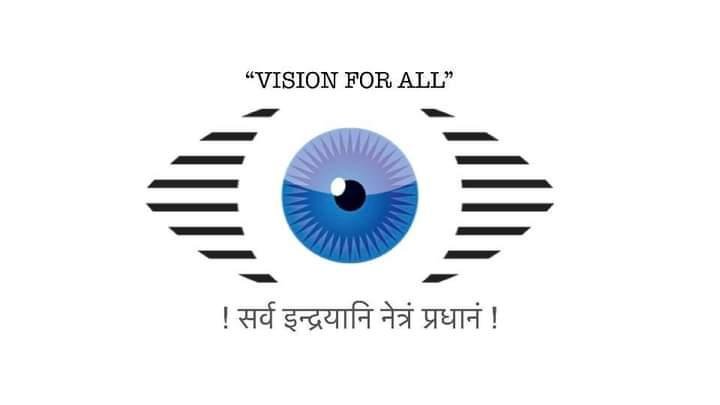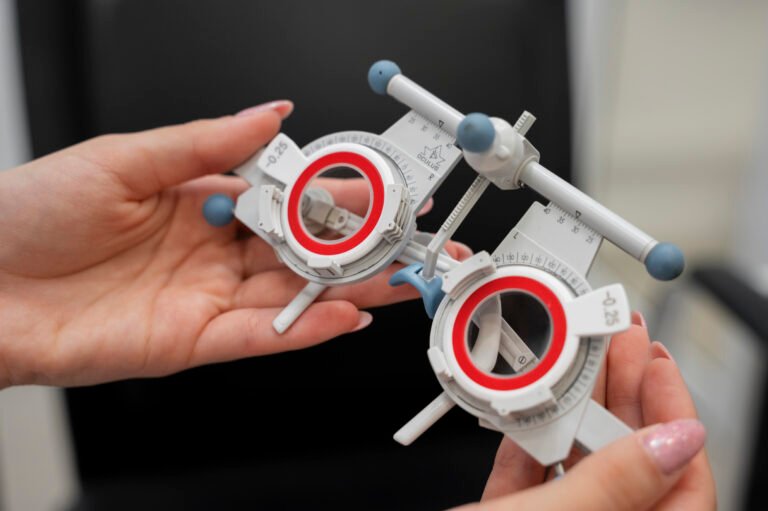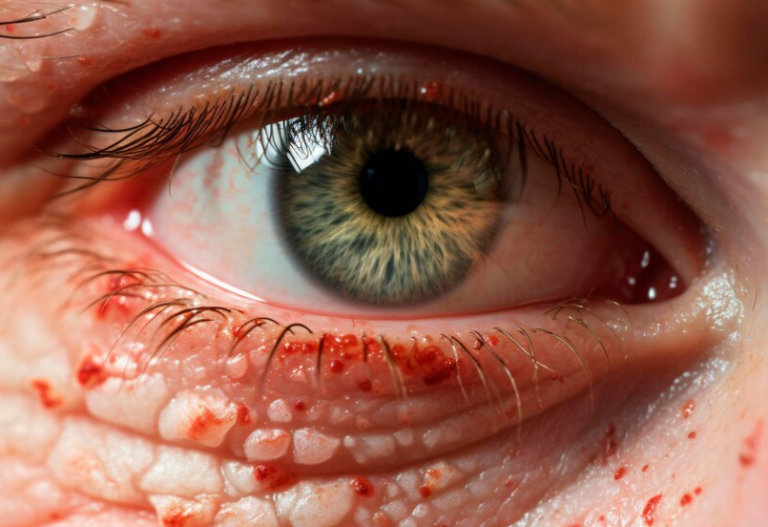What is Pink Eye?
Pink Eye, also known as conjunctivitis, occurs when the transparent membrane covering the eyelid and the white part of the eye becomes inflamed or infected. The reddish or pink coloration happens because the small blood vessels in the conjunctiva become inflamed and are not visible.
Causes of Pink Eye
- Viral infections: Viruses such as adenovirus (common cold) and certain coronavirus strains (including COVID-19) can cause viral conjunctivitis, leading to pink eye.
- Bacterial infections: Bacteria such as Staphylococcus aureus, Haemophilus influenzae, Streptococcus pneumoniae, and Pseudomonas aeruginosa can cause bacterial conjunctivitis, resulting in pink eye.
- Allergens: Allergens like pollen, dust, smoke, pet dander, certain medications, and cosmetics can trigger allergic conjunctivitis, leading to pink eye.
- Irritants: Exposure to air pollution, chemicals, fumes, and chlorine in swimming pools can irritate the eyes and cause inflammation, leading to pink eye.
- Contact lenses: Improper use, poor hygiene, or wearing contact lenses for an extended period can lead to irritation, bacterial buildup, and ultimately pink eye (contact lens-related conjunctivitis).
- Foreign objects: Particles such as dust, sand, or other foreign objects entering the eye can cause irritation and inflammation, leading to pink eye.
- Autoimmune diseases: Certain autoimmune conditions like rheumatoid arthritis, systemic lupus erythematosus (SLE), and Kawasaki disease can cause eye inflammation, resulting in pink eye.
- Chemical exposure: Direct contact with chemicals in household cleaners, industrial solvents, or other harsh substances can cause chemical conjunctivitis, leading to pink eye.
- Eye trauma: Injury to the eye from accidents, scratches, or surgery can lead to inflammation and pink eye.
- Conjunctival disorders: Conditions affecting the conjunctiva, such as dry eye syndrome, blepharitis, and meibomian gland dysfunction, can cause chronic irritation and inflammation, leading to pink eye.
Symptoms of Pink Eye
- The white part of the eye or inner eyelid looks red.
- More tears than usual.
- There’s gooey stuff that forms crusts on the eyelashes, especially after sleeping.
- Your eyes feel like there’s sand in them.
- Your eyes itch, especially if your pink eye is from allergies.
- Your eyes burn, especially if your pink eye is from chemicals or irritants.
- Things look blurry.
- Light bothers your eyes more than usual.
- Your eyelids might be swollen.
Diagnosis of Pink Eye
If your eyes are red and hurting, something serious could happen. If you also have blurry vision and your eyes are extra sensitive to light, it’s important to see a doctor right away, especially if you wear contact lenses. They’ll check your eyes and might do a test to see how well you can see. They’ll determine if it’s the pink eye by examining your symptoms and your health history. You can contact Dhir Hospital, which is known for providing excellent eye treatment in Haryana. They have specialists who can help with eye problems like pink eye and other severe conditions.
Is Pink Eye Contagious and How Does It Spread?
Pink eye, also known as conjunctivitis, can indeed be contagious. This condition can be caused by viruses or bacteria, making it easily transmittable from person to person. If you have bacterial conjunctivitis, you can spread it to others within 24 to 48 hours after starting medication. Similarly, viral conjunctivitis can be contagious as long as you have symptoms and sometimes even before symptoms appear.
However, it’s important to note that pink eye resulting from allergies is not contagious.
Methods of Transmission
Pink eye can spread through various means:
- Direct Contact: Sharing contaminated items such as towels, pillowcases, or eye makeup can transmit the infection.
- Touching Contaminated Surfaces: Touching surfaces contaminated with bacteria or viruses and touching your eyes without washing your hands can spread the infection.
Precautions and Recommendations
To prevent the spread of pink eye:
- Limit Exposure: Stay indoors until you’ve recovered to reduce the risk of spreading the infection.
- Consult a Doctor: Regularly consult an eye specialist and follow their instructions and prescribed medication.
For residents of Bhiwani seeking consultation with an eye specialist, contacting Dhir Hospital, which is known for its excellent eye care services, can be beneficial.
Treatment of Pink Eye
- Don’t touch your eyes with your hands to prevent spreading germs.
- Wash your hands often, especially before touching your face or eyes.
- Use a fresh towel or washcloth every day to keep your eyes clean.
- Avoid sharing towels or makeup, as it can transfer infections.
- Change your pillowcase regularly to prevent bacteria buildup.
- Follow your doctor’s instructions for using prescribed eye drops.
- Keep your environment clean to reduce the risk of eye infections.
- Avoid rubbing your eyes, as it can irritate and spread germs.
- Protect your eyes from dust and pollutants by wearing sunglasses when outdoors.
- If you wear contact lenses, follow proper hygiene practices and replace them as recommended.
Conclusion
Pink eye, or conjunctivitis, can arise from various causes, including viral or bacterial infections, allergies, irritants, and autoimmune conditions. Symptoms such as redness, itching, and blurry vision can indicate its presence. Prompt diagnosis and treatment, including prescribed medication and proper hygiene practices, are crucial for managing the condition effectively. Bhiwani residents seek consultation with an eye specialist at Dhir Hospital, a renowned eye care facility in Haryana, who can provide comprehensive care and tailored treatment plans to address pink eye and other eye-related concerns. By following recommended precautions and adhering to medical advice, individuals can expedite recovery and minimize the risk of spreading infections within the community.









